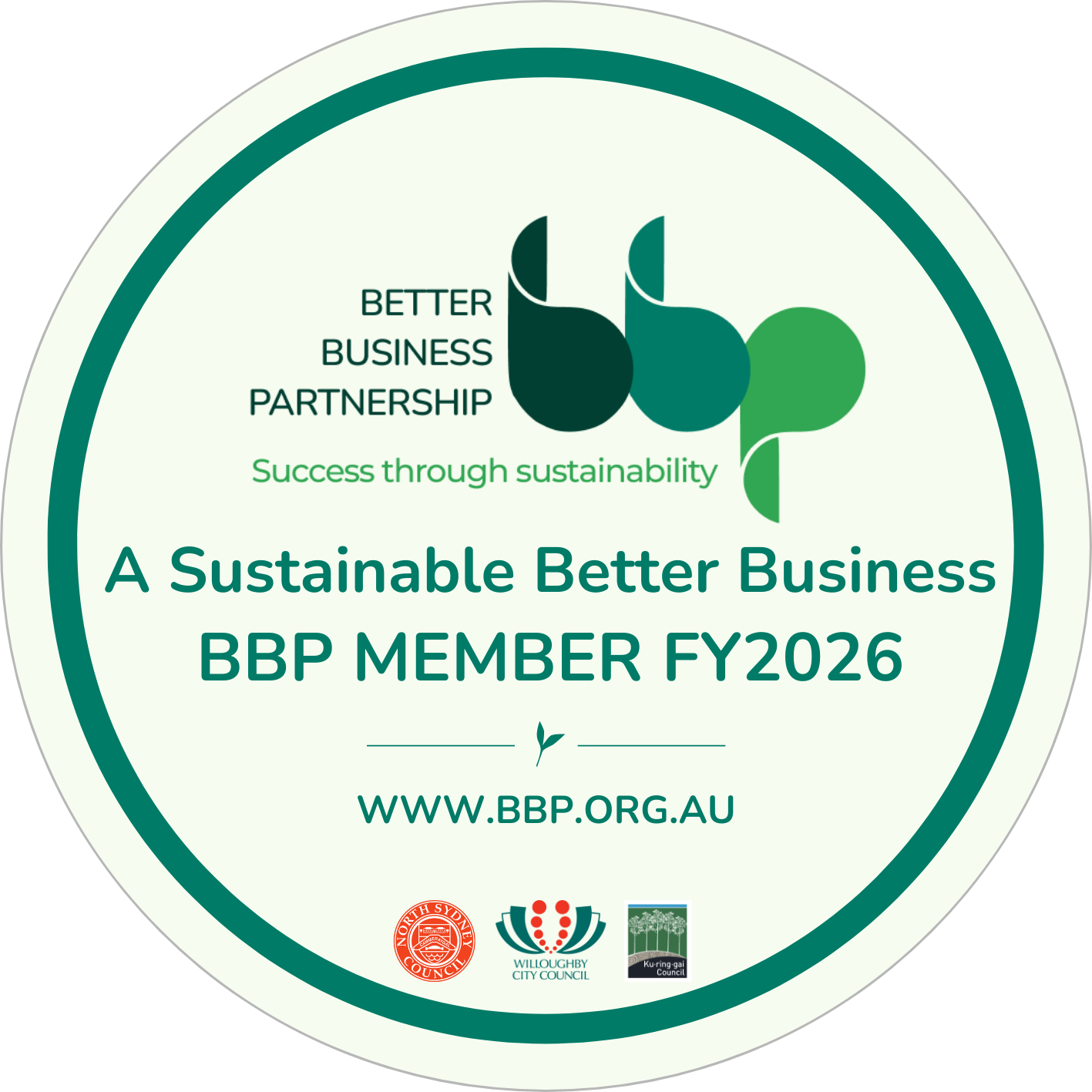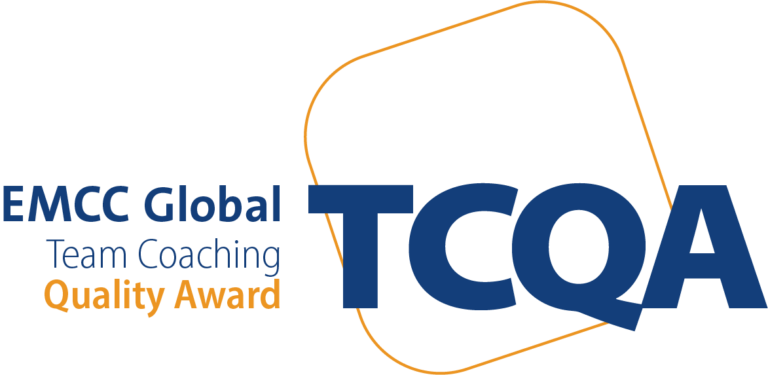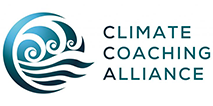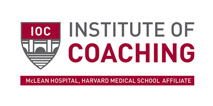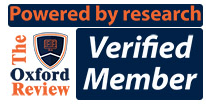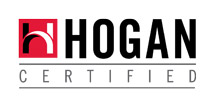What to Look for in a Coach: Start with these 3 Questions
Published: Apr 30, 2017

Everybody has a coach. Or at least it’s getting to be that way; just ask a HR or business leader. A reason for the current popularity of coaching is that many executives have realised that coaches offer expertise that may not be found inside the company. Another reason, and perhaps the most important one, is that most find it easier to confide in an objective outsider.
External coaches are more likely to offer a confidential relationship within which executives can discuss delicate issues freely, let their defences down, explore blind spots, biases and shortcomings. And as the research shows, the higher executives climb the organisational ladder, the lonelier it gets, the less they can depend on technical skills and the greater the need for an Executive Coach who can help them develop effective interpersonal skills and serve as a sounding board.
What then, should we look for in an executive coach? After decades of divergent thinking globally (and thousands of articles, books and academic papers on the topic), we are starting to see some common themes from thought leaders and experts in the field. These top three may be a good place to begin with.
1. Do they have a compelling life-story?
Manfred Kets De Vries, a world-renowned leadership and organisational coach and author, entered a helping profession because of a life-changing event. He was born in occupied Holland during the Second World War, a period of immeasurable human tragedy. This unimaginable suffering ignited his interest in why some people in a leadership position abuse the power that comes with the job. Kets De Vries has made it his life’s work to uncover the terrible consequences of dysfunctional leadership, whilst bringing back the human dimension to organisations.
Whilst living through such dark times in history would be an unrealistic prerequisite, stories of overcoming adversity seem to propel some individuals to help others. Perhaps, when hiring a leadership and team development coach, it might be worthwhile keeping in mind a different mental framework: the “twice born”. This term was coined by the Harvard psychologist and philosopher William James, and it is used by Kets DeVries’ in his 2014 book Mindful Leadership Coaching: Journeys Into The Interior when explaining how overcoming adversity may transform a person to become a change agent.
James and Kets DeVries suggest that when individuals follow a linear life journey and become successful, they are tied to familiar territories and tied to feeling comfortable. But when people undergo a major upheaval and still manage to flourish, it is because they transcended their self-limitations and discovered creative ways of dealing with adversity. Twice-born individuals are hence said to have a different way of relating to other people and the world around them because of their deep recognition of the fragility of life.
It could very well be that, underneath all the empathy, self-ease and confidence projected by great coaches, there might be compelling life-stories about overcoming adversity, about forgiving, achieving deep learning and self-awareness, and ultimately, reinvention.
Underneath all the empathy, self-ease and confidence projected by great coaches, there’s often a compelling life-story.
2. Do they have formal training?
A key aspect of the reinvention process would be to learn about human behaviour and how to motivate and help someone change. Otherwise the coach might fall into the trap, no doubt unconsciously, of wanting to turn the client into a replica of herself. Avoiding this trap can be achieved in any number of ways, although let us first provide further context by briefly reviewing the current state of play of the coaching field (predominately from the Australian perspective).
There are many definitions for coaching. The Standards Australia Handbook of Coaching in Organisations, defines it as a collaborative endeavour between a coach and a client (individual or group) to enhance life experience, skills, performance, capacities or wellbeing of the client.
Executive Coaching, then, is any type of formal coaching provided to executives. For the purposes of this article, executive coaching encompasses leadership, developmental, skills, performance, team and career coaching.
We didn’t always have guidelines for executive coaching, let alone consistency of practice, as described in the seminal HBR article What Can Coaches Do for You? published in 2009. Here, the authors explored the coaching field as one being filled with contradictions, lack of direction and inconsistent quality.
Nevertheless, the article also presented valuable information about the benefits of coaching. And because it appeared in the Harvard Business Review magazine, it put executive coaching firmly on the corporate map as a key learning & development tool in 21st Century organisations.
An interesting point made by one of the article’s contributors, and a key pioneer of coaching psychology, Dr Anthony M. Grant, was his recommendation for executive coaches to have formal training in mental health issues. His thinking was that, with proper training, coaches would be able to detect such issues and help the client achieve mental strength.
Nowadays, the expectation is for coaches to identify the different states of mental health/wellbeing and decide on the most appropriate coaching interventions.
Grant based his suggestion on the evidence of a 2009 study by The University of Sydney which found that 25-50% of those seeking coaching had significantly high levels of anxiety, stress and depression. More recently, the Australian Psychological Society reported in their 2015 Stress & Wellbeing Survey that 26% of Australians have above normal levels of anxiety and 26% have moderate to extremely severe levels of depression.
Nowadays, the expectation is for coaches to identify the different states of mental health/wellbeing and decide on the most appropriate coaching interventions. Otherwise the executive (and the company, if sponsoring) stands to waste valuable time and money. And the executive will inevitably continue to languish.
Fortunately, the executive coaching field has evolved in leaps and bounds since the inception of the world’s first Coaching Psychology Unit at the University of Sydney in 2000. There are now many academic institutions worldwide offering courses in Coaching Science. Through these courses, coaches develop a deeper understanding of what makes people tick and how to help them thrive at work and in life.
3. Do they belong to global community of coaches?
Coaches who study the coaching sciences are taught a variety of evidence-based tools, and they are then used to design coaching interventions that motivate individuals to learn, change, grow and succeed. In addition, when using coaching interventions underpinned by scientific research, clients will achieve the best possible outcomes.
…. when using coaching interventions that are underpinned by scientific research, clients will achieve the best possible outcomes.
Just like any other professional field anchored in science, coaching will continue to evolve as more research studies are conducted globally. Collaboration between academia and practitioners continues to increase, as well as the prominence of major professional associations.
These professional bodies, such as the ICF and the WABC, provide professional standards of practice such as the core competencies for proficiency in coaching. The ICF has a strong presence in Australia, offering many continuous learning opportunities for coaches locally.
The WABC (the Worldwide Association of Business Coaches), on the other hand, is exclusively dedicated to executive coaching (what they call “business coaching”). As such, it offers specific guidelines on the competencies required by coach within an organisational context. Indeed, to become a member of the WABC one needs to undergo a thorough screening process to demonstrate achievement of relevant qualifications and business/corporate experience.
There are several more global professional bodies for coaches. What’s important is to look for coaches who are members of a global association promoting professional standards of practice and continuous learning.
Putting it all together
When considering hiring an executive coach, whether you are a HR leader, a CEO or any individual seeking to advance at work, it is important to look beyond the glossy marketing material or the impressive PowerPoint presentation (those are nice, of course!). The right executive coach can often make all the difference in someone’s career, and usually in all other aspects of life. Start with these 3 questions:
1. Do they have a compelling life story?
2. Do they have formal training?
3. Do they belong to global community of coaches?
Being discerning upfront will result in the selection of an executive coach with the highest degree of professionalism and of someone who is committed to the client’s coaching journey, no matter how challenging it may be.
Dr Ruby Campbell is the Managing Partner and Founder of ProVeritas Group Pty Ltd, a firm dedicated to growing the leaders and organisations of the 21st Century in Australia and Asia Pacific since 2009. She was Adjunct Professor at the UNSW Business School in 2010-2016 and continues to work with UNSW postgraduate students as an International Mentor. She leads the Sydney Lean-In Circle, researches and writes on various coaching psychology topics.
About the Author:
Recent Articles
- Elevating Science-Based Leadership in Every Boardroom Oct-24-2022
- Narrative Coaching for Planetary Health Oct-03-2022
- Emotional Intelligence: The Key to Exceptional Leadership Jan-31-2022
- A Year in the Life of a Leadership Coach Dec-15-2021
- How to Develop Self-Knowledge and Why it Matters Aug-23-2021





